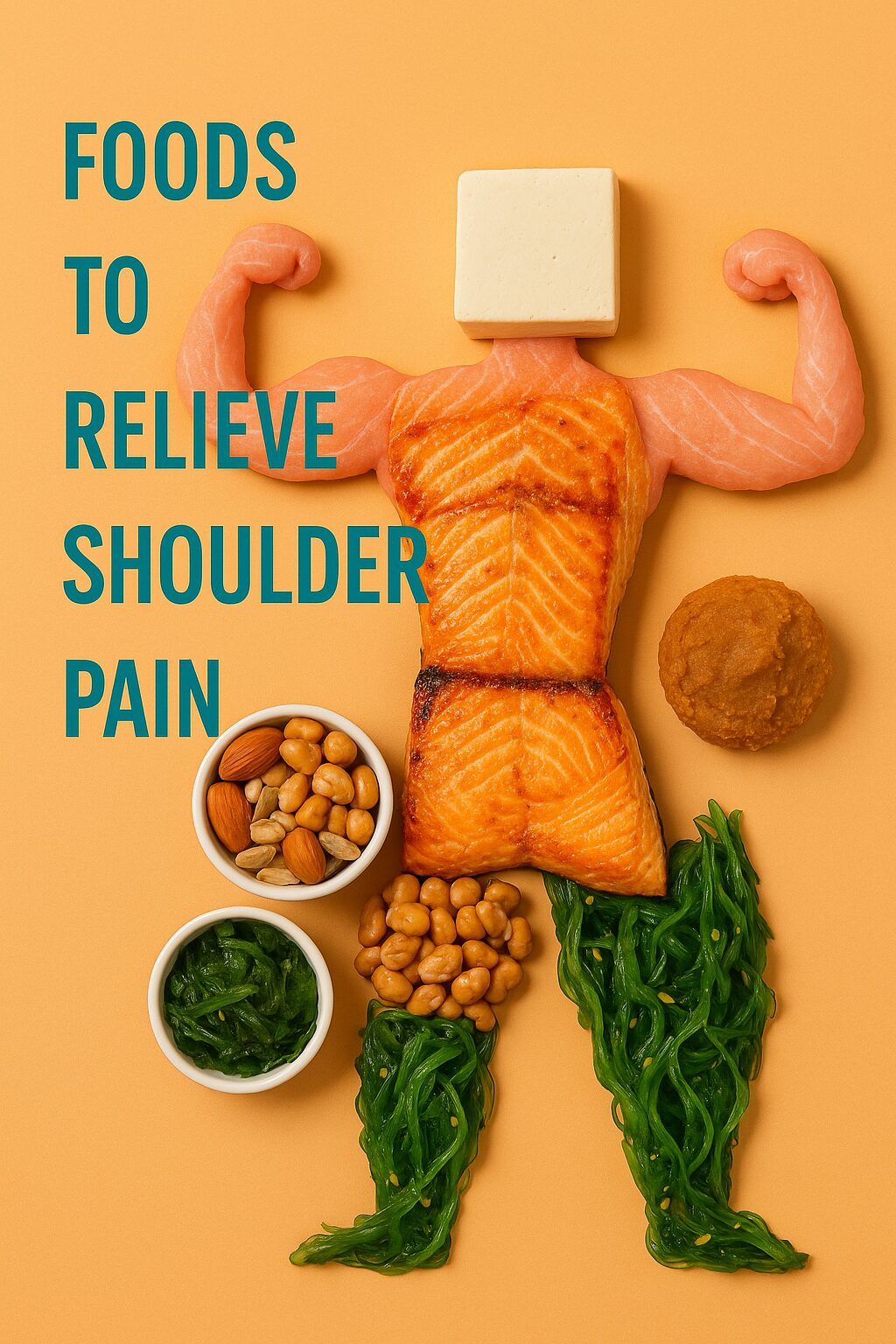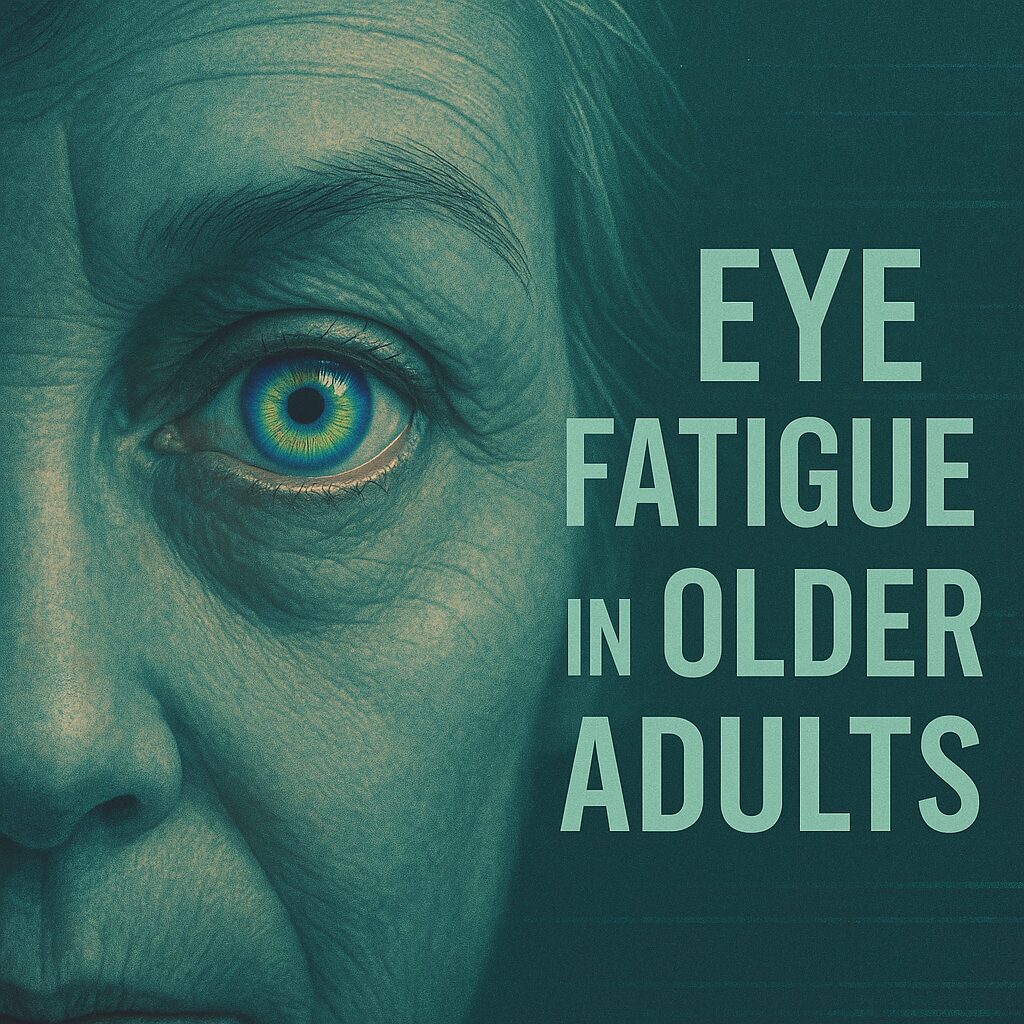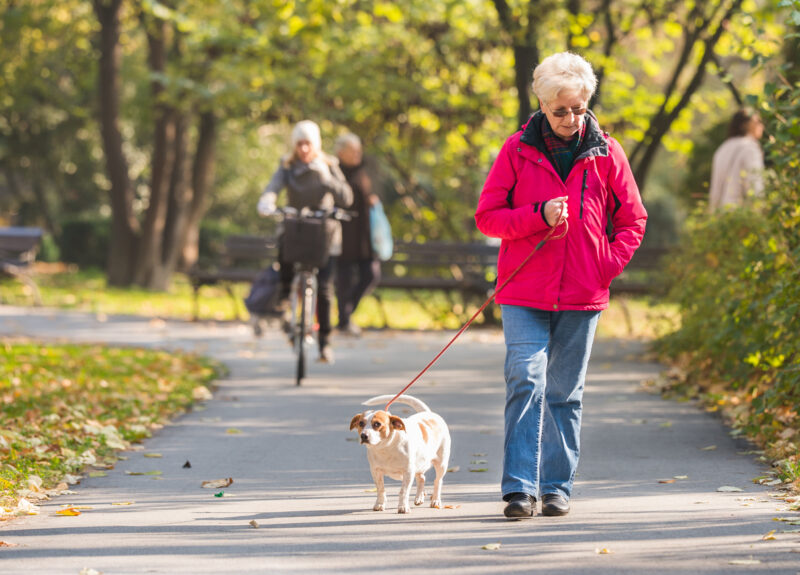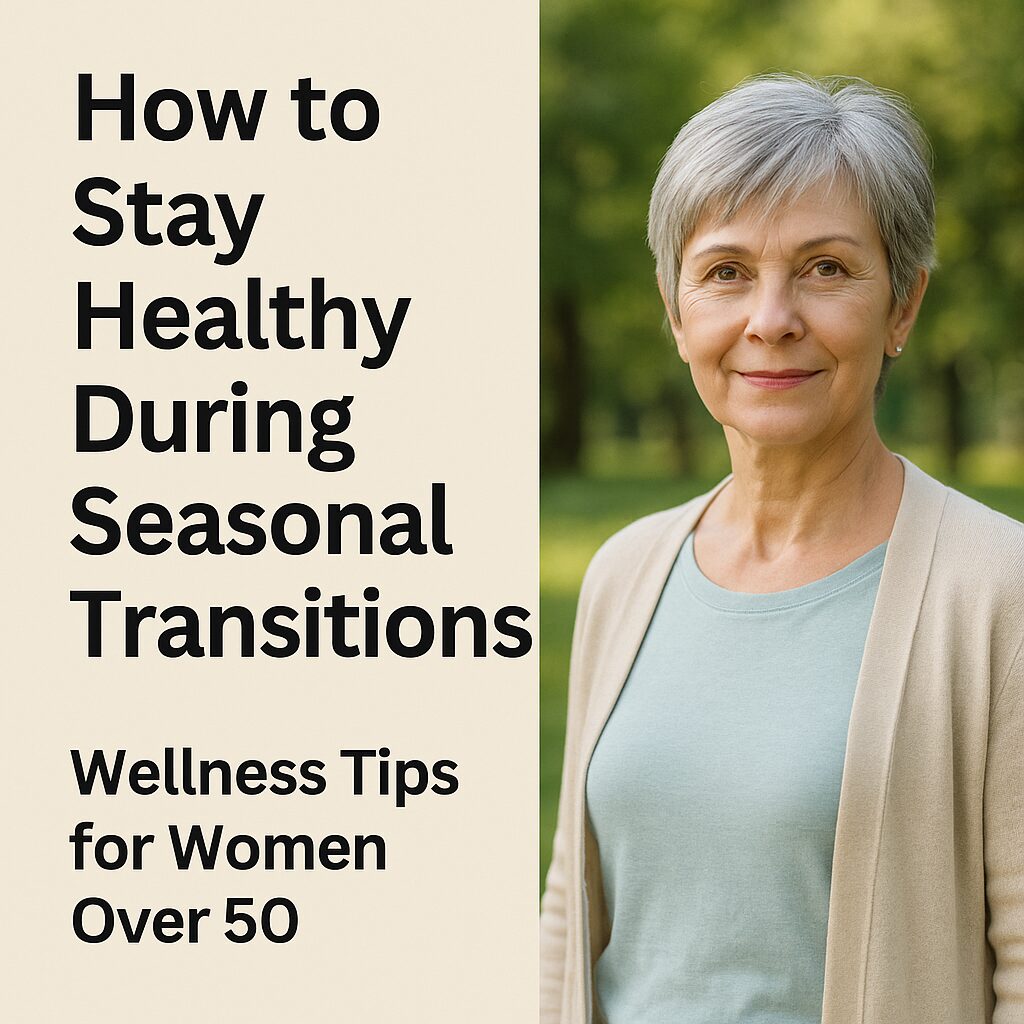As we get older, staying active can feel more challenging—especially if long walks or high-impact exercises are no longer easy. But here’s the good news: you don’t need a gym or a strict fitness routine to move your body and feel better. Walking a little more each day, even in small ways, can boost your mood, energy, and overall health.
In this article, we’ll share gentle, realistic ways to add more steps to your day—without pushing yourself too hard. Whether you’re managing joint pain, fatigue, or a busy schedule, these tips can help you move more naturally and comfortably.

Make Movement a Natural Part of Your Routine
Take the Long Way Around
Instead of looking for the shortest path, try the longer route—walk to the farthest restroom, use the stairs when possible, or take a few extra loops around the grocery store. These little changes add up quickly.
Turn Waiting Time Into Walking Time
Waiting for the kettle to boil or the laundry to finish? Use those minutes to pace gently around the room or stretch your legs. You’d be surprised how many hidden walking moments are scattered throughout your day.
Use Housework to Your Advantage
Vacuuming, tidying, watering plants—these tasks involve more movement than you might think. Turn on your favorite music and make these chores part of your daily “walking time.”
How to Stay Active Even If You Can’t Walk Far
Break It Into Short Sessions
If walking for 30 minutes straight feels too much, try three 10-minute walks instead. Short sessions are easier to manage and just as effective for your health.
Try Indoor or Seated Walking
When the weather’s bad or energy is low, try gentle indoor walking—marching in place, walking down hallways, or even following seated walking videos like this one on YouTube designed for seniors.
Use Supportive Shoes and Gear
The right footwear can make all the difference. Look for cushioned walking shoes with arch support and a good grip. A walking cane or poles can also help maintain balance and reduce pressure on your joints.
Turn Everyday Activities Into Gentle Exercise
Walk While Talking on the Phone
Turn phone calls into mini walking sessions. Walk slowly around your home or garden while chatting with friends or family. You’ll stay connected and active at the same time.
Park Further Away on Purpose
When running errands, park a little farther from the entrance. Those extra steps may seem small, but they build a habit of movement.
Combine Walking with Light Stretching
Gentle stretches before or after your walk can help reduce stiffness and improve mobility. Try toe touches, shoulder rolls, or gentle hip circles for just a few minutes.
Eat to Support Your Walking Routine
Foods That Help Joint and Muscle Health
A diet rich in omega-3 fatty acids, vitamin D, and antioxidants can help reduce inflammation and support your joints. Think salmon, leafy greens, turmeric, and nuts. Bone health also benefits from calcium-rich foods like tofu, sardines, or fortified soy milk.
Simple Japanese-Inspired Meals for Energy
Japanese food culture offers many light, energizing options perfect for active aging. Try miso soup, brown rice with grilled fish, or natto over tofu. These meals are rich in nutrients but gentle on the digestive system.
Natural Options for Hormonal Support
For many women, hormonal changes after 50 can reduce energy and make it harder to stay active. Natural supplements like Juveriente’s Effisoy®—which uses fermented soy isoflavones in their aglycone form—can help revive the body’s own hormone production and restore energy naturally.
Set Small Goals and Enjoy the Progress
Use a Step Counter or Simple Journal
You don’t need a fancy smartwatch. A simple pedometer or notebook can help you track your daily steps and feel motivated by your progress.
Reward Yourself with Wellness Treats
Set small, achievable goals and reward yourself—perhaps with a soothing bath, a new book, or your favorite tea. Positive reinforcement helps make walking a long-term habit.
Walk with a Friend or in Nature
Social walking is not only motivating, but also fun. Invite a friend or join a local walking group. If possible, walk in nature—studies show that “green walking” improves mood and reduces stress. (Source)
Final Thoughts
You don’t need to hike mountains or hit 10,000 steps every day to enjoy the health benefits of walking. Just a few more steps here and there, combined with supportive foods and smart routines, can bring real improvements in your energy, mood, and well-being.
Start small, stay consistent, and be kind to your body. Every step counts—and they add up faster than you think.
Juveriente Effisoy: A Natural Solution for Hormonal Balance and Energy Restoration
Juveriente®’s Effisoy® offers a natural solution to combat age-related fatigue in summer by supporting hormonal balance. Launched in 2016, Effisoy® is based on fermented soybean germ extract, a traditional Japanese ingredient known for its potential to ease menopause symptoms and improve overall vitality.
Effisoy® works by boosting the body’s natural synthesis of DHEA, a hormone precursor crucial for maintaining balanced hormone levels. As we age, the body’s ability to produce DHEA declines, contributing to symptoms of fatigue and decreased energy. Effisoy® helps restore this balance by enhancing the body’s own hormone production processes. It supports hormonal balance safely, without introducing external hormones, allowing your body to regulate its hormone composition naturally.
This balance not only aids in reducing age-related fatigue but also promotes healthier skin and overall well-being. While Effisoy® benefits both men and women, it has become especially popular among women experiencing menopause, helping to alleviate symptoms like fatigue, mood swings, and skin aging.
By addressing the hormonal changes associated with aging, Juveriente®’s Effisoy® provides a natural and effective way to restore energy levels and combat age-related fatigue, helping you feel more vibrant and energized as you age.
Here are some of the real product reviews in our Amazon shop.
“Restful sleep finally!!”, “I Am Now Free of Hot Flashes!!”, “Lifesaver”



































